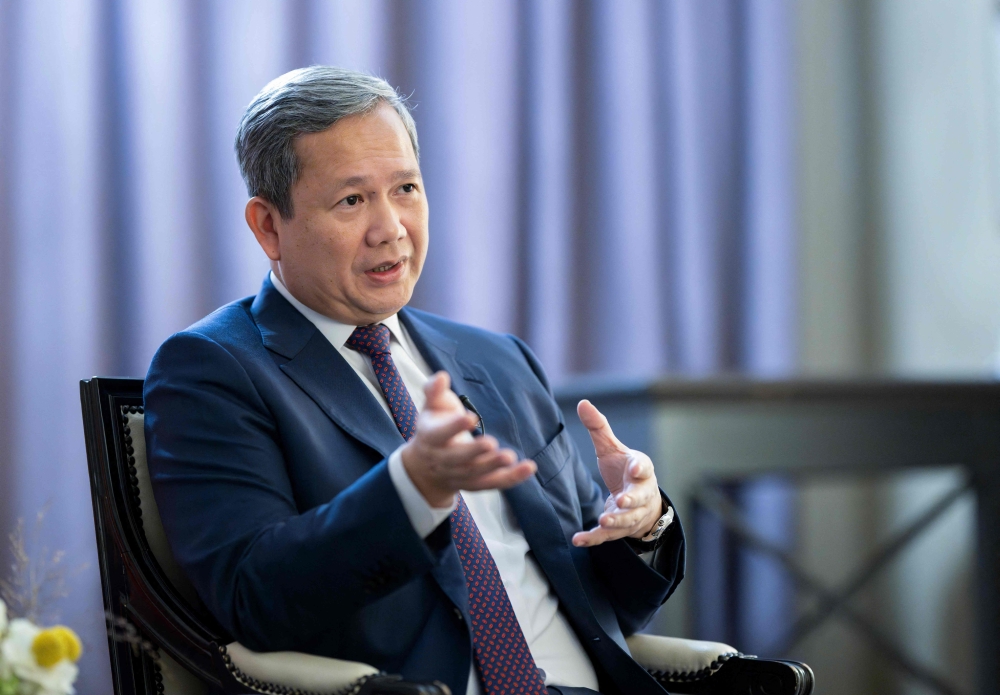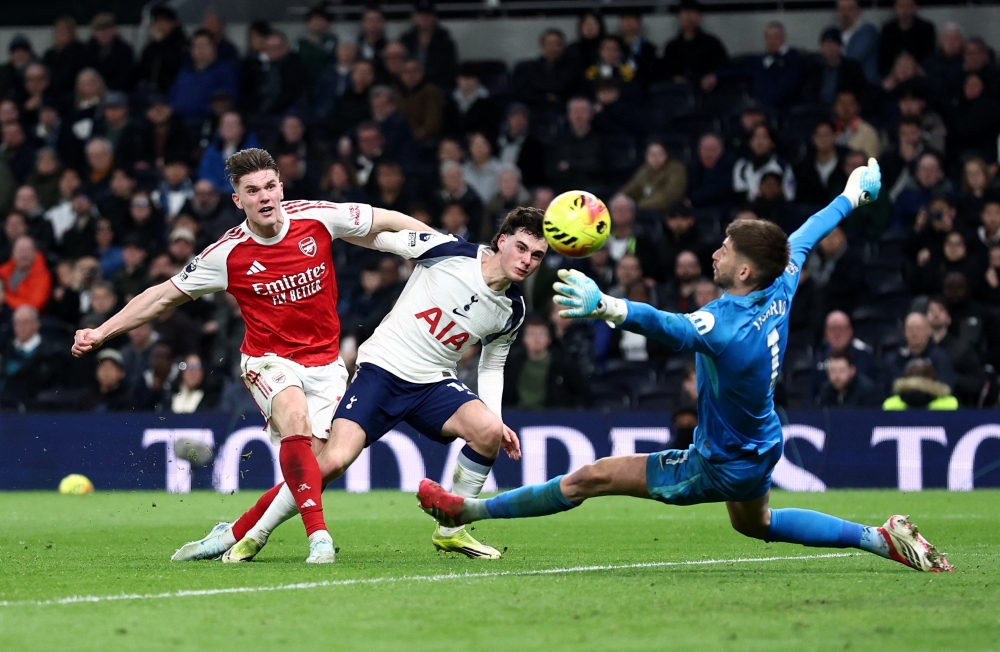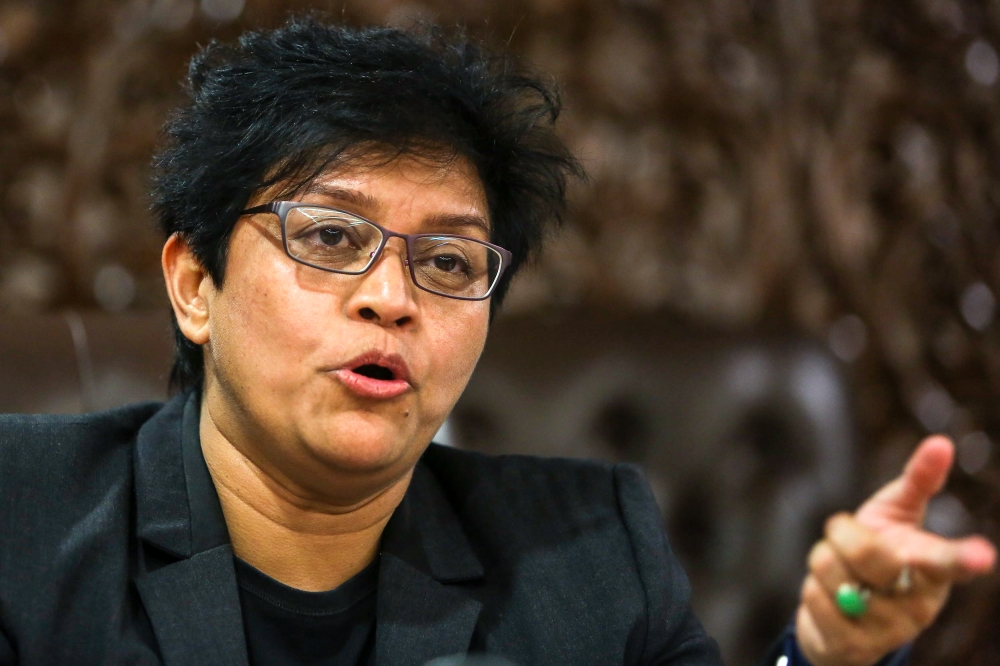Apple is falling out of love with Labour’s Britain
The tech giant’s fraying relationship with the UK could threaten Keir Starmer’s growth ambitions

Amid the pomp and ceremony of Donald Trump’s state visit to Britain earlier this month, one man kept a low profile.
Tim Cook, the chief executive of Apple, was seen smiling as he accompanied Tiffany Trump, the US president’s youngest daughter, down the red carpet at Windsor Castle’s state banquet.
He exchanged small talk with the Prince of Wales and enjoyed a prime spot at the table, sitting a few seats down from King Charles and the US president.
But while the bosses of Nvidia, Microsoft and OpenAI trumpeted multibillion-pound investments in the UK as part of the visit, Cook had much less to say.
Apple was absent from any of the investment announcements made by the UK Government, which totalled £150bn from some of America’s biggest companies.
Nor, unlike some of his counterparts, did he take to the airwaves to hail the benefits of being in Britain.
Unusually, for someone who regularly documents their visits around the world, Cook also did not post on social media about the event. By contrast, last week he tweeted five times about a short trip to Japan.
“The likes of [Salesforce chief Marc] Benioff and Jensen [Huang, the Nvidia founder] were everywhere, and he certainly wasn’t,” says one investor present at many of the private business events during the state visit.
The silence may mean nothing, particularly as Apple typically refuses to appear on press releases alongside competitors, and Cook has a busy diary.
But a close follower might also see evidence of a cooling relationship between the iPhone giant and the UK.
Apple is a major employer in Britain.
It opened a new office in London’s refurbished Battersea Power Station just two years ago, while last December, Apple hailed £18bn of investment in Britain over the last five years.
Cook said at the time the company had a “deep connection with communities across this country”.
But in recent months, those ties have become increasingly frayed.
In February, it emerged that Yvette Cooper’s Home Office had ordered Apple to build a “back door” into its iPhone technology to allow security services to examine the contents of suspects’ encrypted iCloud accounts.
The order, known as a Technical Capability Notice, struck at the heart of Apple’s promise to protect users’ privacy, a key element of the company’s sales pitch.
The UK is already one of the most active countries in terms of requesting data from Apple, according to the company’s law enforcement reports, but the demand was unique among Western nations.
To put the request into context, only China has previously demanded that the company compromise the encryption that protects people’s iCloud accounts.
Neither the Government nor Apple has acknowledged the secret order, but the Silicon Valley tech giant has pushed back fiercely.
In February, it disabled encryption for iCloud backups in Britain – sending a message that it would rather remove a feature than be seen to weaken it – and said it was “gravely disappointed” at the situation.
Apple has challenged the case at the secretive Investigatory Powers Tribunal, and in August, Trump’s national intelligence director Tulsi Gabbard said the Home Office had agreed to drop the matter.
However, there has yet to be any official confirmation of this, and a subsequent court document indicated the notice was still live.
“No other government has this power,” says Gus Hosein of campaign group Privacy International. “And when industry gets out of line with this Government’s interests, it strikes out.”
The tech giant is also feeling the heat from empowered competition regulators. In July, the Competition and Markets Authority (CMA) said it planned to classify Apple as having “strategic market status” in the smartphone industry.
If it follows through with the threat, the CMA has wide-ranging powers that could see it crack down on lucrative parts of Apple’s business, including the App Store, which accounts for billions of dollars in revenue.
The CMA may also require Apple to offer more choice regarding web browsers and enforce interoperability.
This could allow rival smartwatch and headphone manufacturers to connect to iPhones in the same way that the Apple Watch and AirPods do.
In response to the threat, Apple has accused the CMA of an “EU-style” crackdown, claiming that the UK regulator is imitating Brussels in its battle against big tech.
Worryingly for Sir Keir Starmer and Rachel Reeves’s growth ambitions, the company also suggested that the proposed action might affect its investment plans in Britain.
“There is no basis for this intervention, which would be unnecessary and send a hostile signal to businesses making long-term investments in innovation and infrastructure in the UK,” it told the CMA.
Last week, in a potential sign of where things could lead, the company stepped up its battle with Brussels, warning that it could withhold new products from Europe.
This was in protest against EU competition laws, which Apple claims are to blame for the decision to withhold a live language translation feature on its AirPods.
Meanwhile, the CMA has so far held firm and rejected the comparison to Europe’s digital laws, saying Britain’s competition regime “works in a fundamentally different way to the EU”.
However, Britain’s fractious relationship with one of the world’s biggest tech companies has not gone unnoticed on the other side of the Atlantic.
Cook has long had a healthy relationship with Trump, who has taken a dim view of foreign governments’ attempts to rein in America’s tech giants.
Trump described the Home Office’s encryption demand as “something that you hear about with China”, while JD Vance, the vice-president, was also instrumental in getting Britain to pull back on its demands.
Trump’s White House has also tacitly criticised the proposed CMA crackdown.
In response to news of the regulator’s actions, it told the Maga-friendly news magazine The Washington Examiner: “The administration has made its position on digital services taxes and other unfair regulations targeting American technology firms abundantly clear, and we are actively addressing our concerns in discussions with our trading partners.”
Cook may not have made a big impression during Trump’s visit to Britain. But if his presence led to the president pushing Starmer to back off Apple, then he might have considered it worth the trip.
[Source: Daily Telegraph]






















































